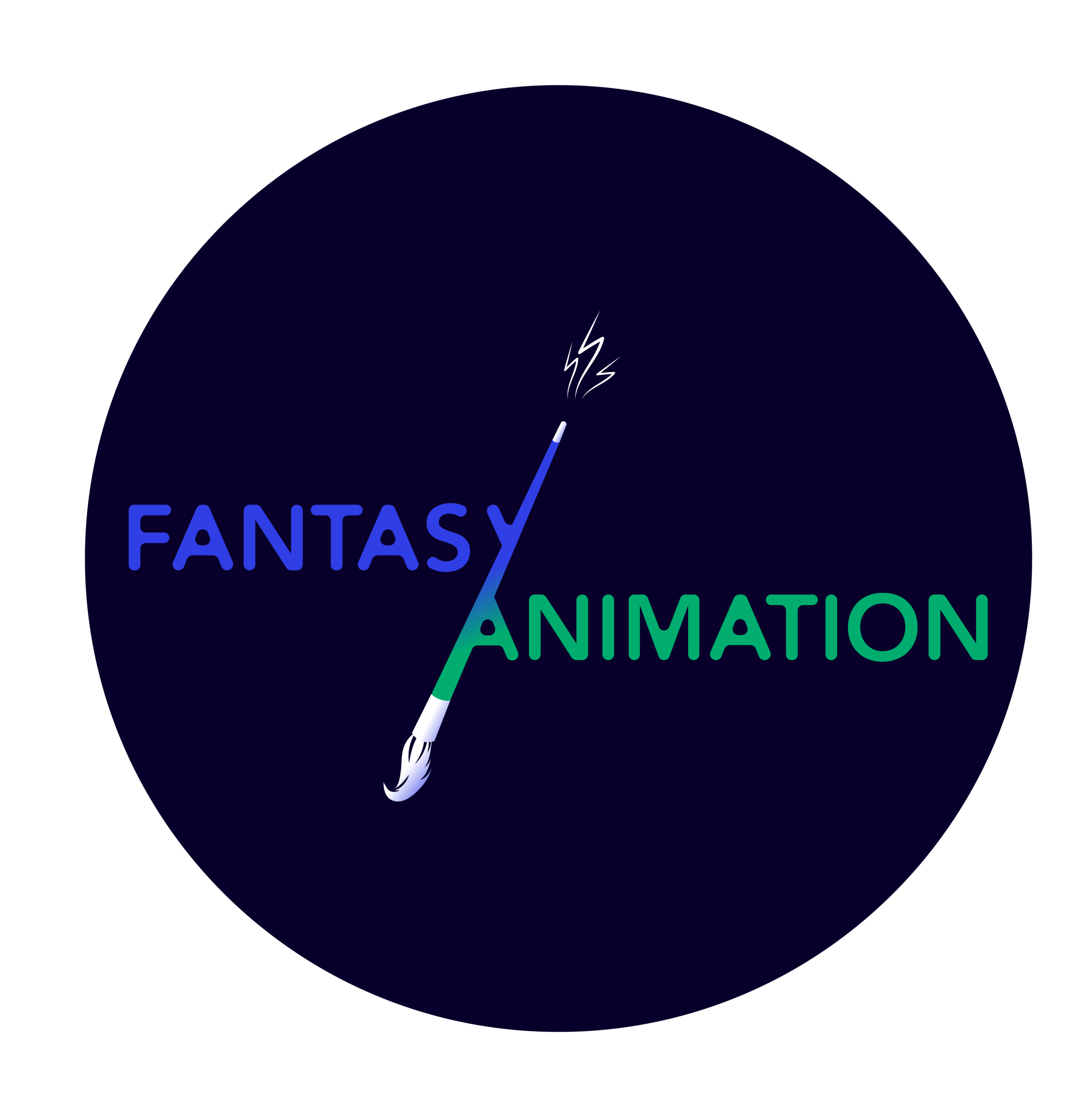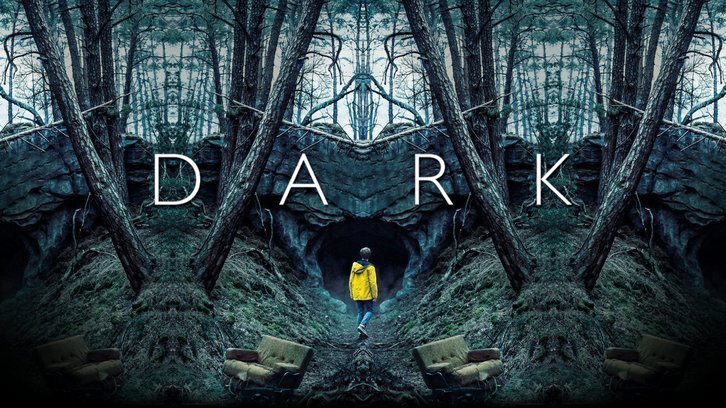Episode 71 - Dark (Babar bo Odar & Jantje Friese, 2017-2020) (with Nicolas Leu)
The Fantasy/Animation podcast takes listeners on a journey through the intersection between fantasy cinema and the medium of animation. Available via Apple Podcasts, Spotify and many of your favourite podcast hosting platforms!
Twisting and travelling back and forth (and then back again) is Episode 71 of the podcast, which has Chris and Alex visit the fictional German town of Winden for Dark (Baran bo Odar & Jantje Friese, 2017-2020), Netflix’s hugely successful science-fiction series that tells the story of supernatural activity and conspiracy set against the backdrop of interconnected family trees and time-space conundrums. Joining them is the programme’s VFX Production Supervisor Nicolas Leu, whose film and television work beyond Dark as part of the RISE Visual Effects Studio also includes Game of Thrones (David Benioff & D.B. Weiss, 2011-2019), Marvel features Captain America: The Winter Soldier (Anthony Russo & Joe Russo, 2014) and Doctor Strange (Scott Derrickson, 2016), Creed (Ryan Coogler, 2015), The Fate of the Furious (F. Gary Gray, 2017), American Renegades (Steven Quale, 2017), and Dumbo (Tom Burton, 2019). Listen as they discuss Dark’s landmark status as Netflix’s first German-language series; digital compositing as an industrial process with the VFX production pipeline; forms of ‘digital chaos’ as a way of thinking through both Dark’s narrative of doubling and causality, but also its layering of live-action/CG spaces; the materality and black matter of time travel; and what Dark has to say about how what it means to ‘do’ science through fiction via a fiction that is, itself, scientific.
Suggested Readings
Bolter, Jay David, and Richard Grusin. 2000. Remediation: Understanding New Media. Cambridge: MIT Press.
Brown. William. 2013. Supercinema: Film-Philosophy for the Digital Age. New York: Berghahn Books.
Darley, Andrew. 1997. “Second Order Realism and Post-modern Aesthetics in Computer Animation.” In A Reader in Animation Studies, edited by Jayne Pilling, 16-24. London: John Libbey.
Holliday, Christopher. 2020. Contemporary Hollywood Terrorism and ‘London has Fallen’ cinema.” The London Journal: A Review of Metropolitan Society Past and Present 45, no. 1 (Terrorism in London) (January): 146–168.
Mittell, Jason. 2015. Complex TV: The Poetics of Contemporary Television Storytelling. New York: NYU Press.
Prince, Stephen. 1996. “True Lies: Perceptual Realism, Digital Images, and Film Theory.” Film Quarterly 49, no. 3: 27-37.
Stork, Matthias. 2013. “Chaos Cinema: Assaultive Action Aesthetics.” Media Fields: Journal: Critical Explorations in Media and Space 6: 2-16.

